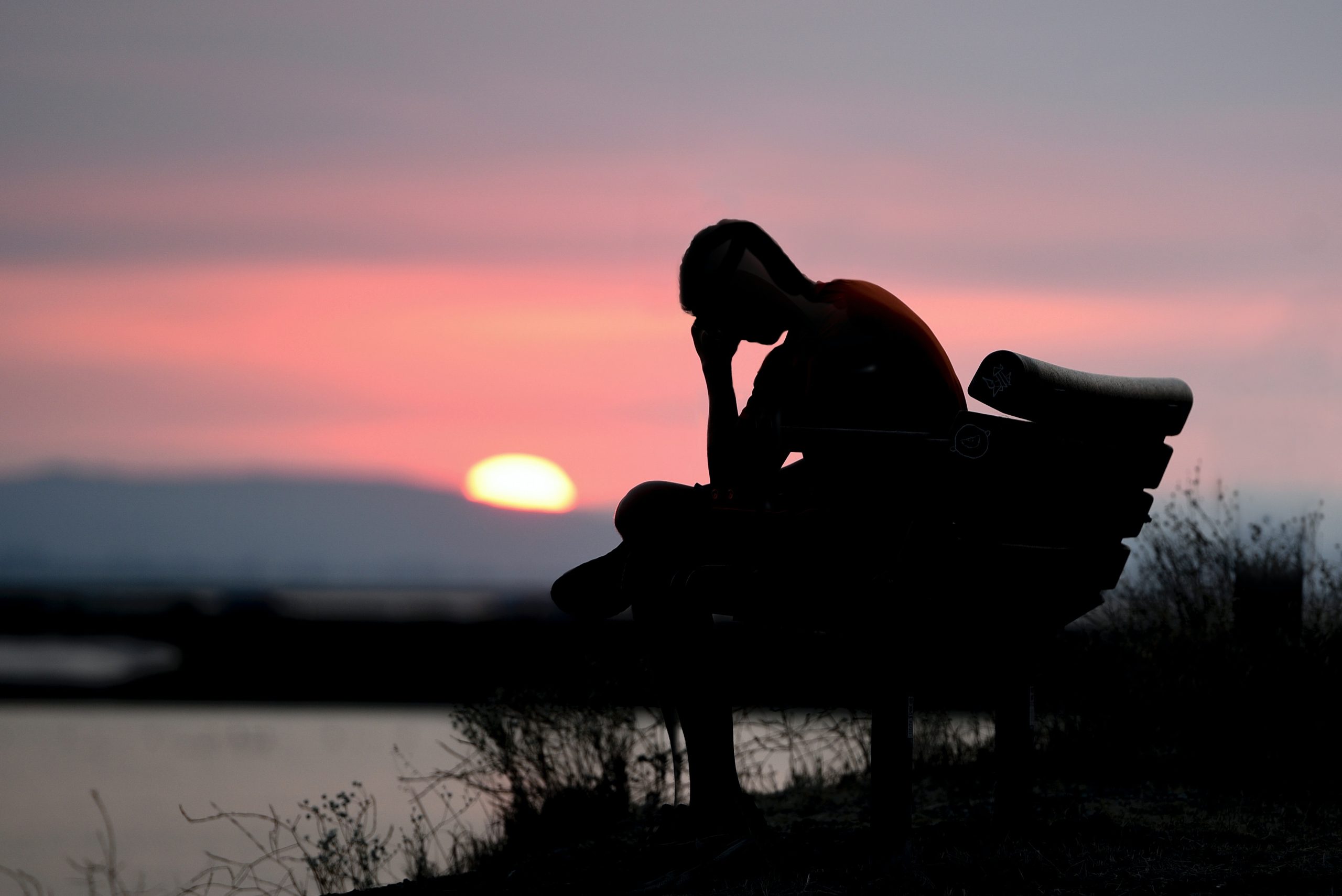David Leyonhjelm
David Leyonhjelm was an Australian Senator from 2014 to 2019 representing New South Wales for the Liberal Democratic Party. Notable for his libertarian consistency, David’s work in Senate Estimates attracted acclaim worldwide for its forensic examination of government waste. Professionally, he is a veterinarian and agribusiness consultant.
As a society, we generally do not like to talk about suicide. And when we do, we tend to avoid a key issue – why do so many men take their own lives, and why are so many of them middle-aged?
The statistics are stark: of 3,249 Australians who took their own lives in 2022, 2,455 were males. That’s more than the number of women dying from breast and cervical cancer combined.
Close to nine Australians are taking their own lives each day, of which seven are men. The overall suicide rate was 12.3 deaths per 100,000 population but for men, it was 18.8.
The absolute highest rate is among men aged 85 or over (32.7 per 100,000 versus 10.6 for women), but the next highest is middle-aged males (45-59) at 32.6 (versus 8.8 for women). These rates have also increased over the last decade.
By contrast the murder rate, at less than 1.0 per 100,000, has been declining for decades, while deaths from road accidents (4.6 per 100,000 people) are also trending down.
Society has many champions speaking up for women, children, Aborigines, gays and lesbians, but precious few for men.
Someone taking their own life at 85 probably has a reason we can understand; there are downsides to life at that age. But men in middle age have many years of active life ahead of them. They are often at the peak earning stage and are obviously somebody’s son, brother, husband, partner, father or grandfather. That so many are killing themselves is a tragedy of enormous proportions.
And yet, while we hear plenty about youth suicide, blamed on everything from NAPLAN tests to sharing dick pics, and indigenous suicides, for which incarceration rates and white supremacy are supposedly responsible, when it comes to apparently normal middle-aged men taking their own lives there is stony silence.
The reasons for the high rates are not well understood. Even the common assumption that it is a mental health issue is probably wrong. Mental health has become a growth industry, with the problems of everyday life increasingly medicalised, but certainly no worse among middle-aged men.
To the extent that the causes are known, they conflict with current narratives about the place of men in today’s society; that masculinity is toxic, all men are responsible for domestic violence, all men are potential rapists, and society is patriarchal. Indeed, unless they are indigenous, men are blamed for just about everything wrong with the world.
To the extent that there is evidence, it appears family and relationship breakdown may be a major underlying factor. Statistics show men live longer and happier lives when they are in a committed relationship.
That goes some way to explain the suicide rate among men affected by separation or divorce, particularly with children involved. Not only can they be made liable to pay child support that leaves them unable to support a new family, but false allegations of violence and sexual misconduct are routinely used to deny them access to their children.
Close to nine Australians are taking their own lives each day, of which seven are men.
But there are obviously other factors too. If they work with women, men are at constant risk of accusations of bullying if they disagree. If they stare, it is sexual harassment. If they work with black or brown people, practically anything can be interpreted as racist (although they can never be victims of racism themselves). If they employ women, paying them less than men is misogyny, irrespective of the roles or hours worked.
Increasingly, men risk accusations of rape and the onus to prove consent, years or decades later.
It is likely most men take their own lives because they believe they are failing. There are many reasons for that belief, but failure as a breadwinner is probably the main one; protecting and providing for a family is hard-wired, notwithstanding the claims of radical feminists that it is social conditioning. So when men lose their job, fail at business or are simply unable to meet expectations, they suffer. The all-time highest rates of suicide were in 1930 during the Great Depression, when unemployment was huge.
Libertarians believe in self-ownership and accept suicide is a matter of personal choice. But that does not preclude encouraging a different choice; indeed, it is arguably a moral obligation. The question is, how to do that?
Society has many champions speaking up for women, children, Aborigines, gays and lesbians, but precious few for men. It needs more of them.
We need more people making the case for lower taxes and less red and green tape, so there is less unemployment and fewer business failures. We need more who refuse to judge others on the basis of gender, race or sexual preference. We need more who defend the role of masculinity in strong, brave and selfless men. And we need more who insist that children need their fathers.
There’s something we can all do, and we might just save a life.

